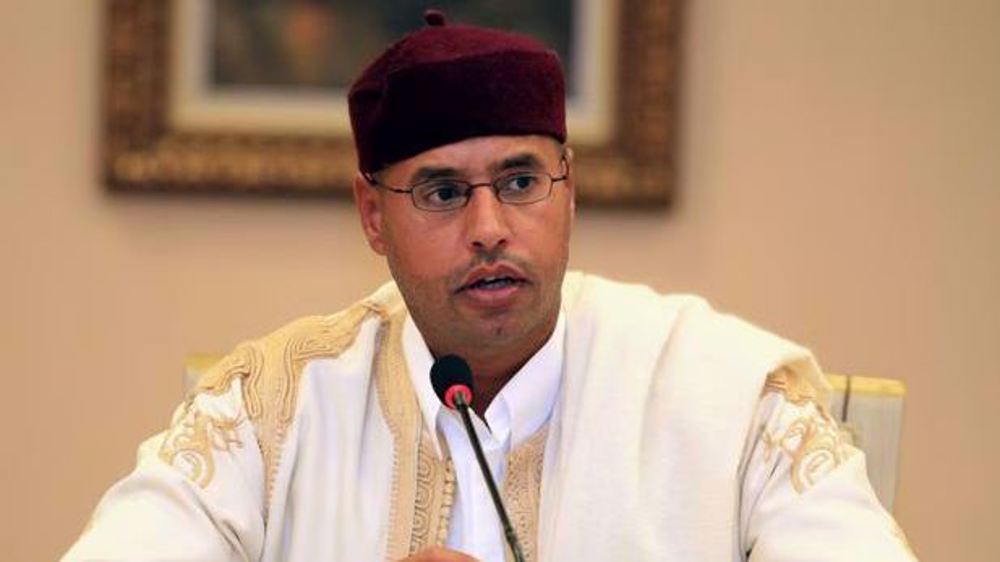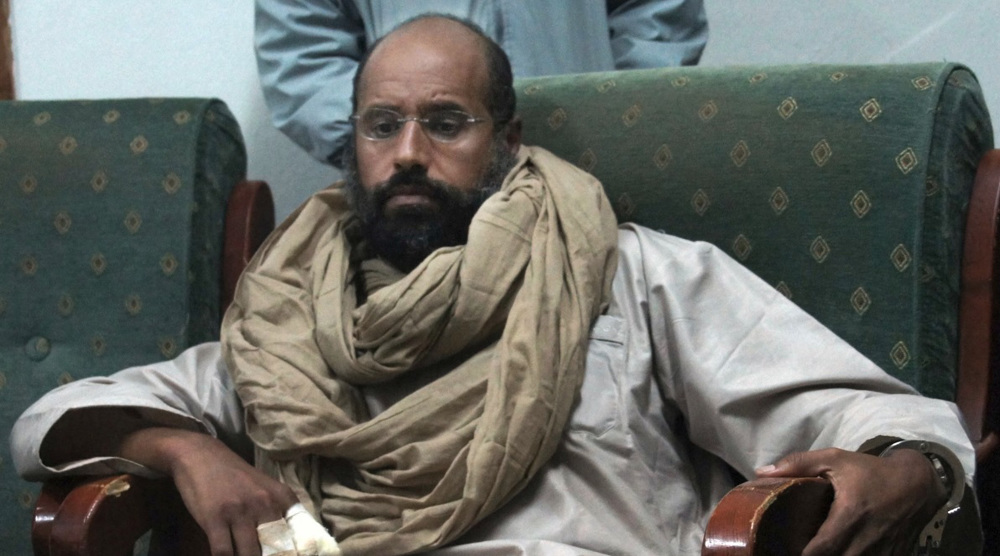Tunisians protest once again against social injustice
People in Tunisia have once again taken to the streets to protest social injustice and police abuse, after more than a week of demonstrations despite a ban on gatherings over the coronavirus pandemic.
The protesters, in their hundreds, marched toward the heavily barricaded parliament in the capital, Tunis, on Tuesday as lawmakers were debating a controversial government reshuffle proposed by Prime Minister Hichem Mechichi.
Riot police blocked the demonstrators from gathering in front of the parliament, with reports saying the forces used water cannons to disperse the protesters.
“The government that only uses police to protect itself from the people — it has no more legitimacy,” said Salem Ben Saleh, a protester at the Tuesday march.
“We are here today in protest at the ruling system, against the oppression, the injustice, and the corruption. They have been making calculations and adjustments but only for the benefit of power and only power, this is why we have come here against this corrupt system,” said Rafiq Aly, another protester.
Some 30 civil society groups have called for the continuation of protests despite police violence, which has led to the death of a protester over the past week.
Tunisia has been witnessing a wave of protests against inequality and police brutality this month after a video went viral showing an officer mishandling a shepherd.
The latest demonstration came despite a ban on gatherings due to the coronavirus pandemic, which has exacerbated the North African country’s economic and political crises.
The Tunisian prime minister announced a major cabinet reshuffle on January 16, amid the unprecedented economic crisis in the country, but the anti-government protests have since continued unabated.
A decade ago, Tunisia was beset by violence following a massive uprising, sparked after a fruit seller set himself ablaze in the central town of Sidi Bouzid following an altercation with a police officer. That uprising led to the downfall of long-time ruler Zine El Abidine Ben Ali.
The revolt inspired other revolutions in a host of Arab dictatorships across the Middle East and North Africa. However, Tunisia was the only nation among other Arab countries in the region that maintained a smooth, peaceful transition to democracy.
Since general elections in 2019, the political class in Tunisia has been more fragmented than ever and paralyzed by infighting.
Decades of broken promises, aggression, Israeli pressure leave Iran no reason to trust US: Analyst
Iran to unveil its first indigenous radar imaging satellite soon
North Korea's Kim says military will ‘widen fighting front’ in 2026
VIDEO | Propaganda channels promote fake death toll as Iran releases official victims' list of terror attack
Iran’s top security official to visit Oman amid preparations for next round of talks with US
VIDEO | Protests erupt across Australia over Israeli president's visit
VIDEO | Iran maps strategic future in 1st Congress on Foreign Policy and History of Foreign Relations
VIDEO | At least nine killed in multi-building collapse in Lebanon











 This makes it easy to access the Press TV website
This makes it easy to access the Press TV website